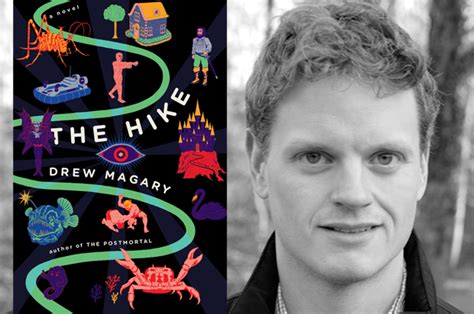A Quote by Jose James
My goal is to write one book of fiction, and that's all I want to do. It takes so much time, and I don't really have enough time. But I admire writers so much.
Related Quotes
I really need to know where I'm going with fiction to write it in a way that at least I'm happy with. And I really think that a lot of fiction books end badly because terrific writers said, "I'll just figure it out" and plunge in, but have created so many problems that they are kind of impossible to solve. I mean, I'm talking really good writers do this and you can tell when they got to the end they either had to do something preposterous or they just don't really resolve things. So for fiction I spend a lot more time outlining and for humor I really don't do much of it.
Being goal-oriented instead of self-oriented is crucial. I know so many people who want to be writers. But let me tell you, they really don't want to be writers. They want to have been writers. They wish they had a book in print. They don't want to go through the work of getting the damn book out. There is a huge difference.
I read continually and don't understand writers who say they don't read while working on a book. For a start, a book takes me about two years to write, so there's no way I am depriving myself of reading during that time. Another thing is that reading other writers is continually inspiring - reading great writers reminds you how hard you have to work.
I'm happy to be a woman but much of it was learned over the course of life. Really thudded into me. You learn it. It's a kind of mastery and artistry. The deeper person underneath the scent of Diptyque Philosykos or whatever is much less gendered. Every person has a range. In fiction, you get to be it all. I'm as much the men in my book as I am the women. I write how I write and there is no mission to stake a claim.
I don't believe that fiction is dead. I know there are some people who believe that it's an outdated art form, and that to express truth today you need to work in different forms, to write books where it's perhaps not clear what's fiction and what's memoir. I have nothing against those books and love many of them very much. But we have enough space for everyone, traditional realists and hybrid writers, and experimental writers all.
First one gets works of art, then criticism of them, then criticism of the criticism, and, finally, a book on The Literary Situation , a book which tells you all about writers, critics, publishing, paperbacked books, the tendencies of the (literary) time, what sells and how much, what writers wear and drink and want, what their wives wear and drink and want, and so on.
The most common thing I find is very brilliant, acute, young people who want to become writers but they are not writing. You know, they really badly want to write a book but they are not writing it. The only advice I can give them is to just write it, get to the end of it. And, you know, if it's not good enough, write another one.




































